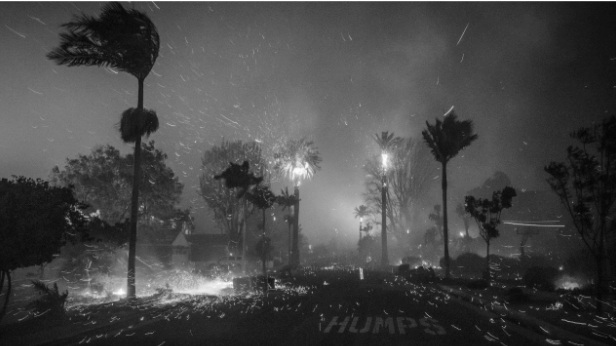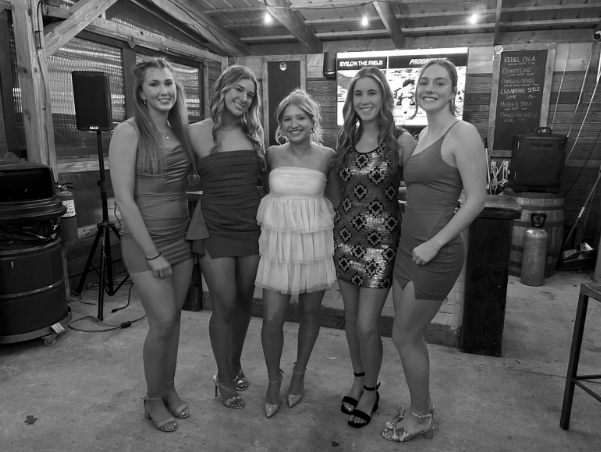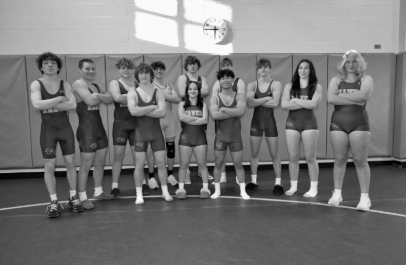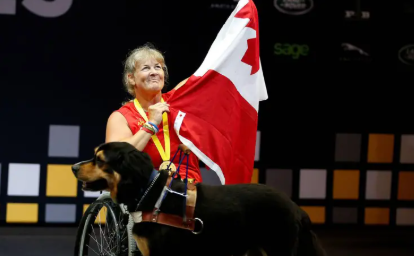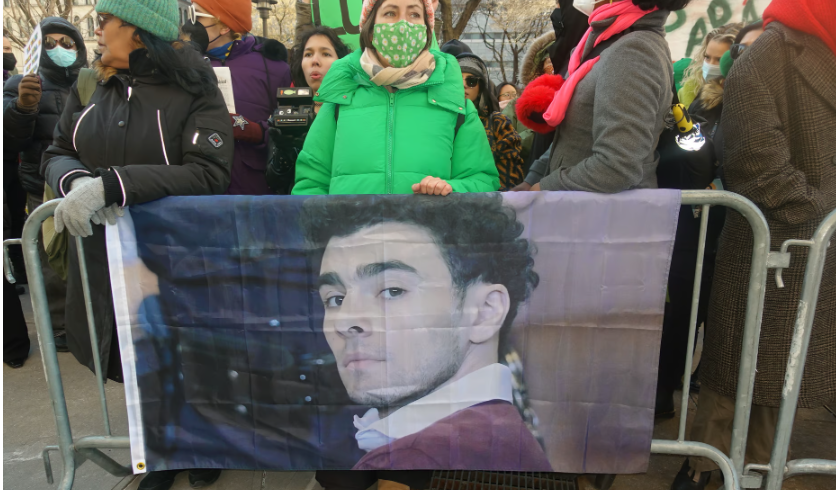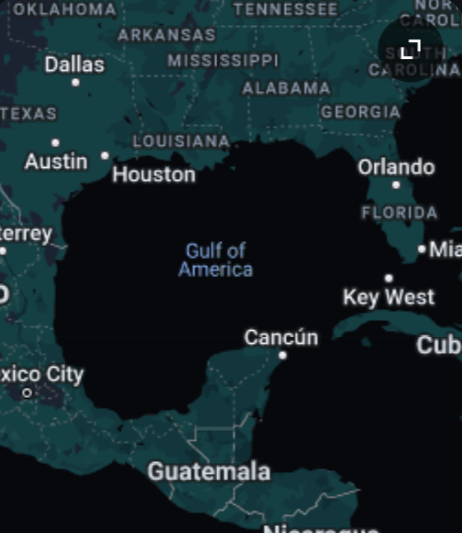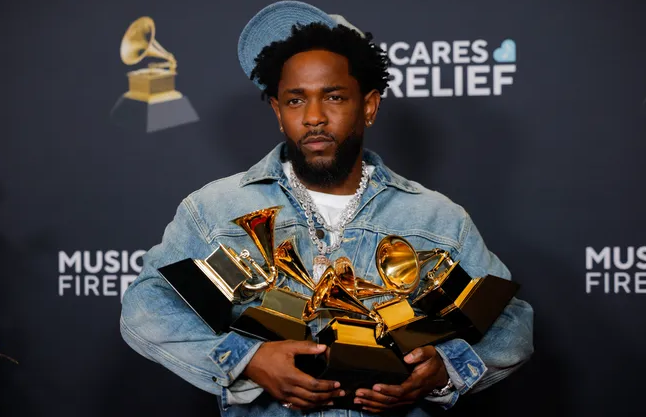Voices of Equity, Black Student Union demand change; Clubs confront discrimination, slurs
December 14, 2021
Since the start of school, Voices of Equity (VOE) in conjunction with the Black Student Union (BSU) has been planning a presentation for the staff of North Harford High School regarding slurs. After months of preparation, the meeting is finally set to occur on December 21.
According to junior Julia Eakes, a student member of the organization, the presentation consists of an opening statement, a history of the usage of slurs and their significance, a collection of student stories and personal encounters, recommendations of possible actions and next steps to take, as well as a brief question/answer panel session.
“We came up with these topics because we are trying to raise awareness about this problem in the most efficient way possible, straight from students to staff,” explains junior Eakes. She says Voices of Equity is centered around the idea of educate, not hate.
“We are trying to raise awareness about this issue because it affects the school community and our learning environment,” she describes. Eakes feels North Harford isn’t very diverse, and some students may not know how hurtful their words are. She believes “students should be able to thrive in a safe, accepting environment free from hate speech and slurs.”
VOE has prioritized this presentation since the beginning of the year, and discusses weekly the impact of slurs. “We’ve been discussing this issue since the start of the year, and we recently decided to take action by creating a presentation for administration,” junior Carmen Santoro shares.
“Recently we have been breaking down each part of the presentation to prepare what we are going to address,” explains Santoro.
“Teachers should realize that they shouldn’t be saying any of these slurs whether it’s in textbooks or not,” senior Onie Woodward says. If teachers hear a slur in any form, Woodward believes they should report it immediately. “They’re too lenient and that’s one of the reasons why so many kids are uncomfortable in this school,” she explains.
“I feel like it’s so important to talk about slurs because it does impact people’s lives and people really don’t understand that,” says Black student union member and junior Jerick Joseph. He adds, “people don’t understand how hard it is to go on with their everyday life being degraded, hurt, and talked about.”
He also believes that “the only reason people hate me is because the color of my skin or my sexual orientation- I’m just doing what I do,” he continues. Joseph doesn’t understand why instead of uplifting others, there has to be so much conflict. “People hate me for no reason when we could be building each other up,” he says.
According to Joseph, some users of slurs may not even know it’s unacceptable. Advisor Micheal James says the clubs want to focus on the idea of education. “This is more about getting teachers on our side,” he says. “The BSU and VOE want teachers to be allies because they know teachers care and want a safe place too.”
Junior Tatiana Gonzalez is also an active member of VOE and has many personal experiences with these words. “Slurs, in the real world as well as in school, to put it plainly, are not welcome,” she states. Throughout her school day, Gonzalez hears a substantial amount of slurs. “The variety of slurs I hear in school, out in the open and said without shame, is disgusting,” the junior remarks.
“I will be walking to my second period class and hear behind me someone shouting the n-word, I’ll be on the bus in the morning and hear someone call each other the f-slur. I have discussions with my younger brother about this only to find out he’s been called the c-slur,” Gonzalez shares.
The amount of slurs heard everyday is overwhelming to Gonzalez. “As a member of the minority population of this school, it is also frightening,” she explains. “I am scared and upset that the people I go to school with everyday, that I sit in classes with, pass in the hallways, and interact with, have such little care,” Gonzalez comments.
She feels people don’t care about how immensely these words affect minorities or about the history behind these words. “It is disheartening to see people go unpunished and uneducated about these topics when situations like these occur,” Gonzalez declares.
She adds that saying a slur is not the same as saying a “bad word.” “It should not be handled the same way, not only by teachers and faculty, but by students as well,” Gonzalez believes.
She says for as many people who don’t care about the use of these words, she would like to hope that there are people who do. “So please, if you do care, tell someone when they’re in the wrong, be an ally and advocate for those who feel like their voices are silenced in our school,” Gonzalez urges.
